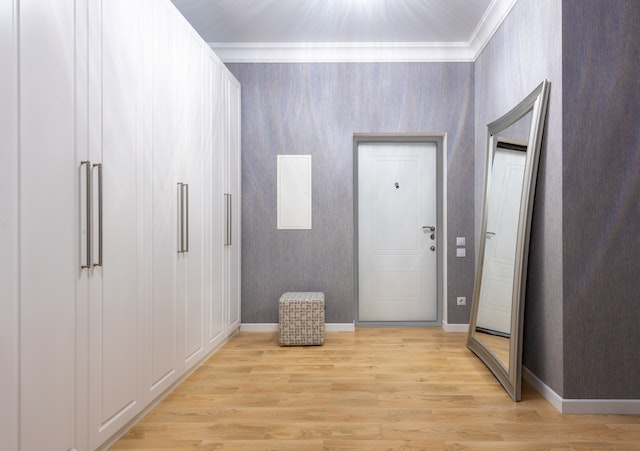
28 Sep What Lasts Longer: Vinyl or Laminate?
When it comes to choosing flooring for your home or office, durability is a crucial factor to consider. The two options that often come to mind are vinyl and laminate. Both have their own unique sets of advantages and disadvantages. In the quest for long-lasting flooring, let’s delve into what makes each option a worthy contender.
Durability and Wear
Vinyl Flooring
- Water Resistance: One of the strongest suits of vinyl is its water resistance. It’s an ideal choice for wet areas like kitchens and bathrooms.
- Tear and Rip Resistance: This flooring is difficult to tear, scratch, or gouge, making it quite long-lasting.
- Stain Resistance: Vinyl is not a porous material, making it highly resistant to stains.
Laminate Flooring
- Scratch Resistance: Laminate floors have a hard, external layer that is incredibly resistant to scratches, dents, and stains.
- UV Resistance: Many laminate options come with a UV protective layer, making them less likely to fade in sunlight.
- Longevity: With proper care, laminate floors can last up to 25 years or more.
Installation and Replacement: Vinyl or Laminate
Ease of Installation
- Vinyl flooring usually comes in large, flexible sheets, or as peel-and-stick tiles or planks. It’s generally easier and quicker to install compared to laminate.
- Laminate flooring comes in planks that snap together. Although the installation is straightforward, it might take a bit longer compared to vinyl.
Replacement Concerns
- Both vinyl and laminate are relatively easy to replace if a section gets damaged. However, laminate has a slight advantage as you can usually replace a single plank without affecting the surrounding areas.
Maintenance and Upkeep: Vinyl or Laminate
Simple Cleaning Routine
- Vinyl is easy to clean. A regular sweep and occasional mop will do the job.
- Laminate also doesn’t require much fuss. A vacuum cleaner without a beater bar or a dry mop is generally all that’s needed.
Refinishing Options
- Vinyl floors cannot be refinished. Once they start showing wear, replacement is the only option.
- Laminate floors also can’t be refinished but they usually take a longer time to show wear.
Environmental Impact: Vinyl or Laminate
Vinyl
- Material: Primarily made from PVC, which is a petroleum-based product.
- Recycling: Less likely to be recycled, generally ends up in landfill.
Laminate
- Material: Mostly made from wood byproducts, combined with resins.
- Recycling: More eco-friendly as it can often be recycled or is biodegradable to some extent.
Cost Factor: Vinyl or Laminate
Vinyl tends to be more affordable than laminate, both in terms of material and installation costs. However, laminate flooring often offers a more luxurious look and feel, which might justify the extra expense for some.
Final Verdict
If you’re looking for durability in wet conditions, vinyl is the clear winner. It’s also the go-to option if you’re on a tight budget. Laminate, on the other hand, offers more in terms of aesthetics and could last longer in areas that aren’t prone to moisture. Both options have their merits, and the best choice will depend on your specific needs, lifestyle, and budget.
By weighing the pros and cons of vinyl and laminate, you can make an informed decision that you’ll be happy with for years to come.



